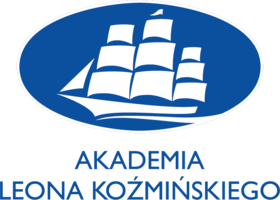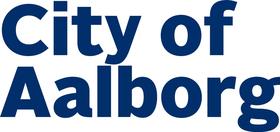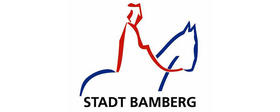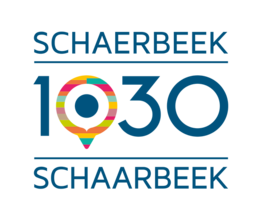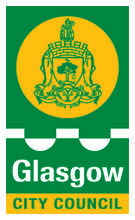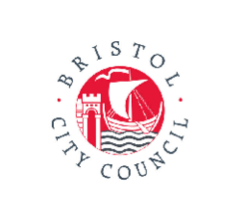
Fraunhofer ISI
The Fraunhofer Institute for Systems and Innovation Research ISI conducts applied research in seven departments with a total of 28 Business Units and sees itself as an independent institute for society, politics and industry. Our expertise in innovation research is based on the synergy of the technical, economic and social science knowledge of our staff members. In our work, we apply not only a broad spectrum of advanced scientific theories, models, methods and social-science measurement instruments, but also continually develop them further, utilising the empirical findings from the research projects conducted. On behalf of our customers, we investigate the scientific, economic, ecological, social, organisational, legal and political framework conditions for generating innovations and their implications. We use scientifically based analysis, evaluation and forecasting methods. Our assessments of the potential and limitations of technical, organisational or institutional innovations help decision-makers from industry, academia and politics in making strategic decisions and thus assist them in creating a favourable environment for innovations. Thus, Fraunhofer ISI is one of the leading innovation research institutes in Europe.




